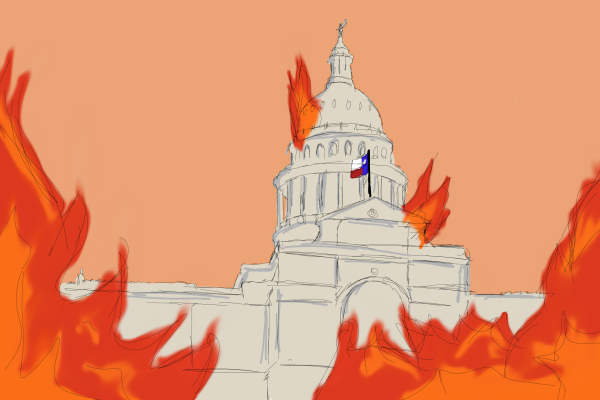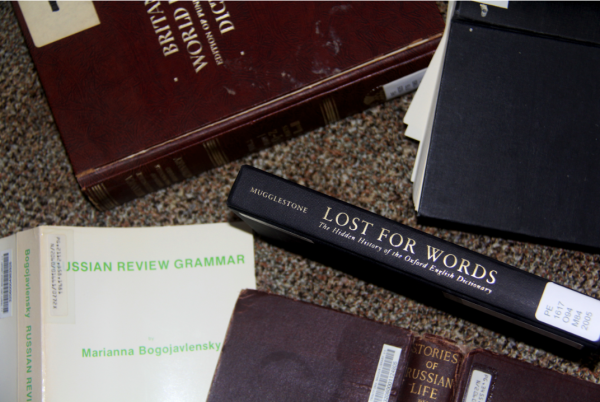Has the sun finally set on the British Empire?
The complex politics of Queen Elizabeth II’s reign and death
The Queen is dead. Crowds gather in mourning, paying their respects to the loss of a figure so prominent not only in Britain but across the world. However, amid the grieving, groups across the globe see her death as a reason to celebrate. People in Ireland, India and members of the African diaspora either meet the news with glee or complete indifference. They do not consider the former Queen’s death an event worth grieving, and they have no reason to.
Queen Elizabeth II was crowned queen in 1952 at the age of 25. By the time of her death, her reign had overseen the Malayan emergency, in which British authorities established concentration camps and starved out communities rebelling against British authority; the massacre of the anti-colonial Mau Mau revolt by British forces in Kenya, resulting in over 200,000 dead, maimed or in concentration camps; and Bloody Sunday, where British forces fired into a crowd of Northern Irish citizens marching against British policies calling for the internment of any suspected Irish nationalists. These are just three of the more overt examples.
Maybe all this is true, but the British monarchy is just a figurehead, right? The actual decision-making power that could have resolved these conflicts has rested in the hands of the Parliament for hundreds of years, so why place all the blame on the monarchy?
Firstly, the consequences of multiple centuries of imperialism do not vanish overnight. The British Empire extracted mounds of monetary and cultural resources from their colonies, and the monarchy still largely benefits from this appropriated wealth: crowns and other jewelry worn by the royal family are adorned with precious stones stolen from India and South Africa. These symbols of conquest remain embedded in British culture as displays of wealth, just as a brutal history of looting and enslaving remains embedded in the monarchy’s very existence.
Furthermore, the queen — along with the rest of the royal family — has an unquestionable prominence in the public eye. Their mixed celebrity and political status give them power over the thoughts and progress of a nation.
Despite this, Queen Elizabeth remained silent during her reign. Instead of responding to criticisms of the monarchy, Queen Elizabeth II kept up the charade of a benevolent England desiring to mend broken relations. She threw a “Silver Jubilee,” visiting countries around the world and hosting parties and balls in the name of unity while people worldwide fought against British rule.
The persistence of the British monarchy, despite its role in imperialism, shows a more insidious pattern in the U.K.: quiet racism. England likes to consider itself a post-race society, superior to many other “developed” Western nations. However, in maintaining this frame of mind, they conveniently ignore the many statistics and conflicts that suggest otherwise, including the continued existence of a monarchy and the long-term effects of colonialism.
British colonialism has real consequences for minority communities — especially Black communities — today, as ideas of British superiority became institutionalized. In the UK, they have less access to healthcare, struggle more with housing and have fewer opportunities on the job market, all while schools conveniently leave out the history of British involvement in Africa from their curriculum. Even Meghan Markle, now part of the royal family, has faced intense scrutiny and criticism simply for being half-Black. British people continue to offer the royal family awe and support without acknowledging their role in imperialism or the impact it has on people today. In fact, as recently as 2020, over a fourth of Britons want the British Empire back.
It is easy to be carried away by the glitz and glamour of the monarchy. However, the public fascination with the queen at the expense of acknowledging the royal family’s hand in the racial and social stratification we see today has real, insidious consequences — and not just in England. It maintains a precedent where horrible truths are pushed aside in favor of what is easier to swallow. We can ooh and ahh at the royal family all we want, but we have to remember that it cannot be entangled with a bloody, brutal history that has actively shaped — and will continue to shape — the inequalities that harm people today.

My name is Ashwini Vivek (she/her) and I am an Opinion Writer for the Trinitonian! I am a senior Neuroscience major from Dallas, and I'm also involved...










